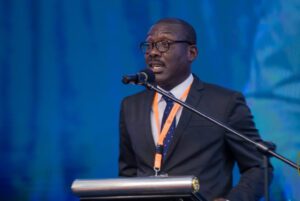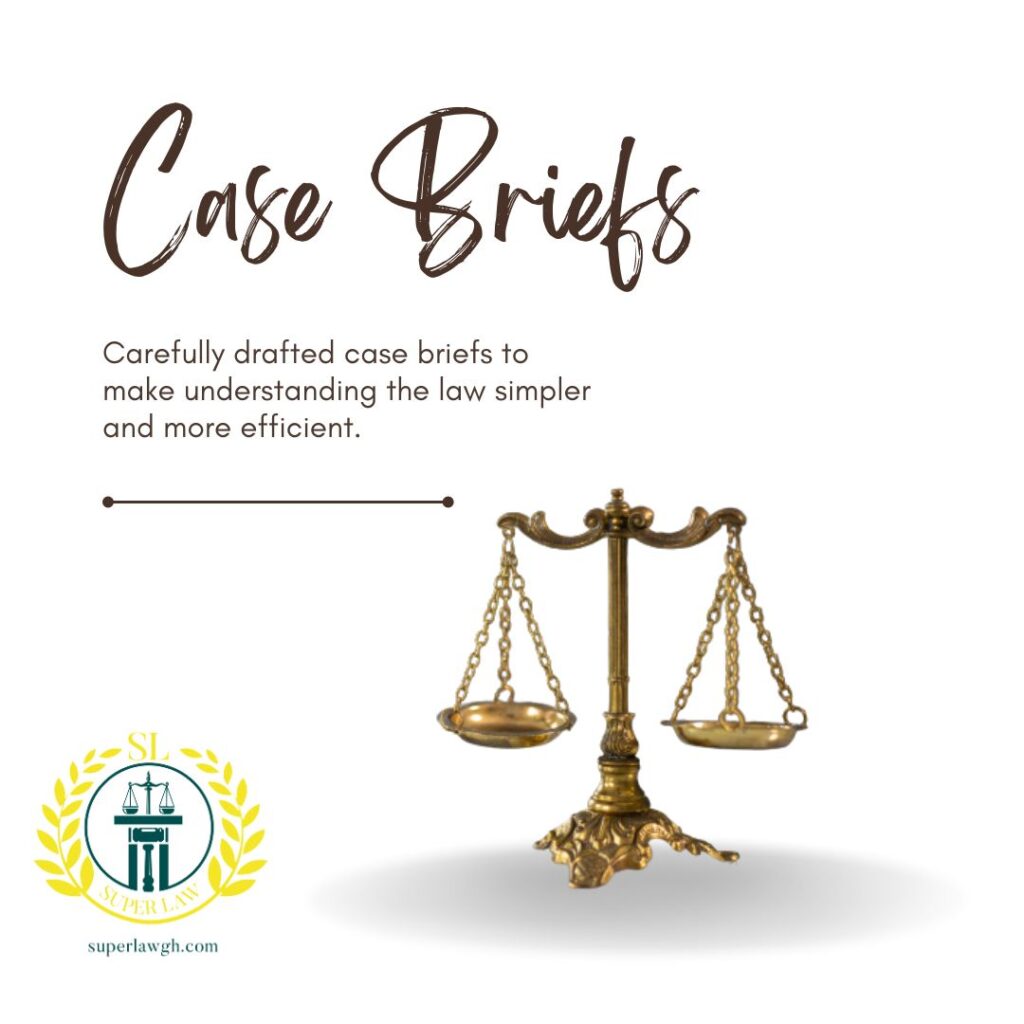
The President of the Ghana Bar Association (GBA), Yaw Acheampong Boafo has called on the government to prioritize investment in basic education over the Free Senior High School (Free SHS) policy.
Delivering his address at the Ghana Bar Association’s annual conference in Kumasi on Monday, September 9, Mr. Boafo said eliminating schools under trees and providing essential amenities like sanitary pads for poor girls should come before spending huge sums on secondary education.
“As one comes before two, so basic education comes before senior high school education,” he stated.
The GBA President argued that more resources need to be channeled into improving primary school infrastructure to lay a strong foundation for quality education.
“Mr. President, we must invest more in basic education, eliminate schools under trees, and provide sanitary pads for poor young girls who cannot afford before spending so much on secondary education,” Mr. Boafo told President Akufo-Addo who was at the event.
He also called for means testing of the Free SHS policy using data from the Ghana Card to ensure only deserving students from needy families benefit.
“The Free SHS Programme must be means tested using the data compiled by the Ghana Identification Authority. So, rich parents do not suddenly transform to become peasant farmers as in the days of old when we had the coconut scholarship,” the GBA President stated.
Implementation of the program began in September 2017, targeting first-year students in public Senior High Schools and Technical/Vocational Institutions.
Importantly, any Ghanaian child placed in a public second-cycle institution through the Computerized School Selection and Placement System (CSSPS) during the 2017 school placement process became entitled to benefit from the Free SHS initiative.
“The impact of the programme is evident. To date, a total of over GH¢ 9.9 billion has been spent on the programme and a cumulative total of 5.7 million young people have benefitted from this initiative, many of whom may not have had this opportunity,” Finance Minister Dr. Mohammed Amin Adam said in his mid-year budget review presentation.

